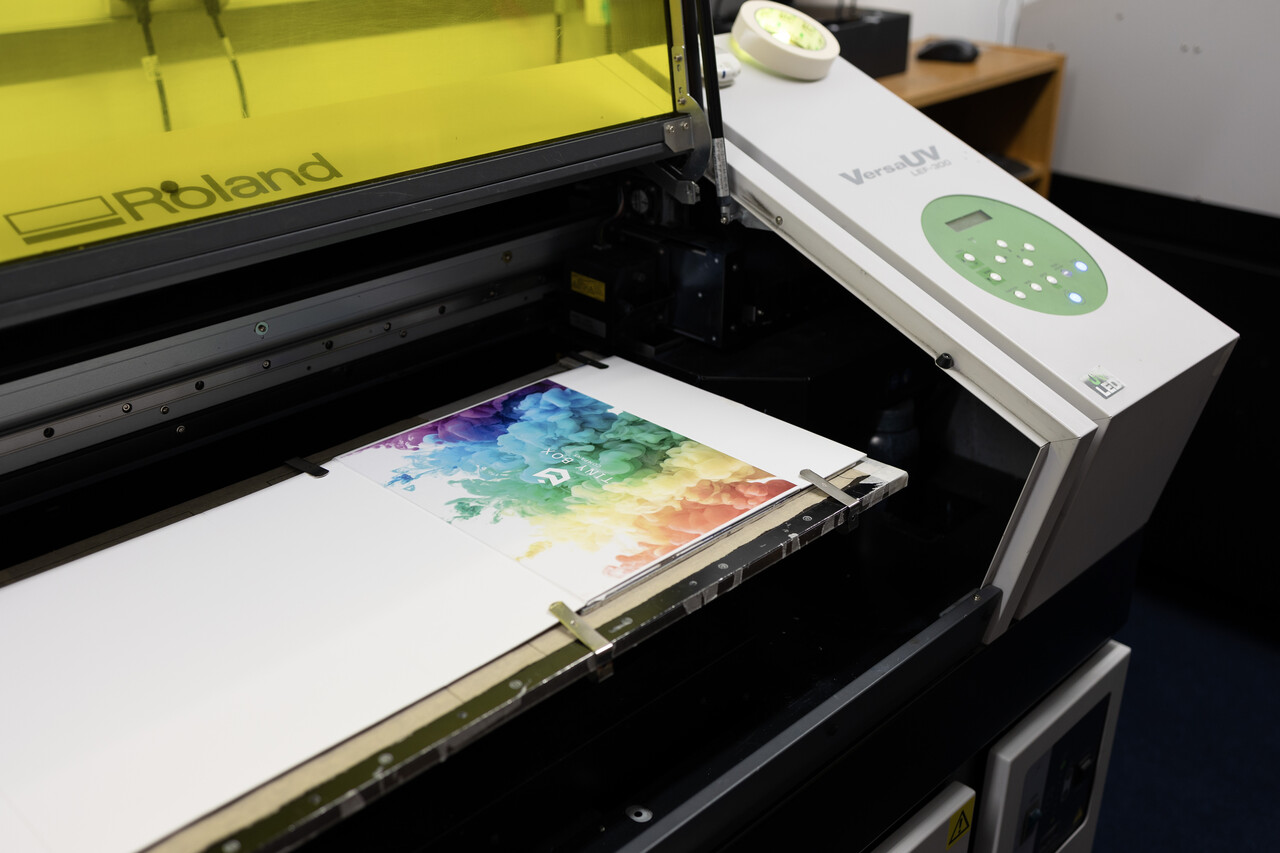Sustainable and Environmentally-Conscious Options in litho printing
Wiki Article
A Comprehensive Guide to Comprehending Litho Printing Techniques
The globe of litho printing, a technique originating from the late 18th century, is a fascinating mix of background, scientific research, advancement and art. Remain with us as we journey into the captivating world of litho printing.The Historical Evolution of Litho Printing
The historic trajectory of litho printing, an essential advancement in the realm of communication, is an exciting story of human resourcefulness. Birthed in the late 18th century by Alois Senefelder, this technique was at first a cost-effective method of publishing staged jobs. Lithography, stemmed from the Greek words for 'rock' and 'to write', utilized a smooth stone surface to transfer photos onto paper. The process advanced with the development of the rotating press, which considerably raised performance (litho printing). In the 20th century, the technology of balanced out lithography transformed the industry, permitting mass production of premium prints. Each stage of litho printing's advancement showcases mankind's unrelenting quest of effectiveness and quality in visual interaction.Deciphering the Science Behind Litho Printing Inks
Relocating onward in the exploration of litho printing techniques, the emphasis currently moves to the science behind litho printing inks. The structure of these inks, their drying procedure, and color mixing techniques develop the foundation of this complex art form. Recognizing these components is important to grasping the craft and accomplishing the desired print outcomes.Composition of Litho Inks
In lithographic printing, the basic function of litho inks can not be overemphasized. Pigments, the color-providing elements, are carefully ground fragments suspended in the vehicle, a fluid that brings the pigment onto the printing surface area. Each part plays an essential component in the final print's high quality, making the exact formula of litho inks a detailed science.Ink Drying Refine
From the composition of litho inks, interest turns to the interesting process of ink drying. The drying procedure is important, as it affects the last print's quality and longevity. 2 primary techniques are utilized in litho printing: oxidative drying and absorption. Oxidative drying includes the ink reacting with oxygen airborne to create a difficult, dry film. This technique gives a durable finish, however can be slower compared to absorption. Absorption, on the various other hand, entails the ink leaking into the paper fibers, which is a quicker procedure however can cause much less dynamic colors. The choice in between these techniques depends on factors such as print speed demands, the paper kind made use of, and the desired coating.Color Combining Methods
While the drying procedure plays a crucial role in litho printing, the science of shade mixing methods holds equal relevance. This is an intricate process that entails the careful mixing of primaries: cyan, magenta, and yellow, in varying proportions to accomplish a vast selection of colors. The enhancement of black ink, called 'crucial', helps in regulating the strength and depth of the colors. The scientific research behind litho printing inks additionally takes into account the transparency of the ink, which influences exactly how colors overlay and mix. To attain an effective shade mix, print specialists need to additionally comprehend the complexities of ink habits, color theory, and the physical buildings of the substrate on which the ink is applied.The Art and Style Components in Litho Printing
Litho printing breathes life into art and style with its special aspects. Litho printing suits a variety of colors, allowing musicians to develop dynamic and lively prints. This mix of precision and versatility makes litho printing a preferred choice for numerous musicians and developers.Modern Applications of Litho Printing Methods
Litho printing methods have discovered extensive use in the modern-day commercial field. Its impact and relevance remain to expand with the arrival of new technologies and innovations in the area. This section will discover these contemporary applications and the transformative duty they play in the printing my response industry.
Business Litho Printing Uses
Litho printing stays a you could try here vital component of the commercial field. High-volume printing tasks, such as the production of publications, papers, and packaging, depend on litho printing for its capacity to deliver premium image high quality and expense effectiveness. Litho printing likewise offers a broad color range, exceptional to that of electronic printing.Advancements in Litho Printing
Pushing the limits of typical methods, modern-day developments have sustained a host of technologies in litho printing. These developments have not only enhanced the quality and performance of litho prints yet likewise expanded its application range. One popular advancement is digital litho printing, which integrates the virtues of electronic modern technology with litho's top quality outcome. This hybrid design offers faster configuration times, decreased waste, and makes it possible for on-demand printing. One more remarkable advancement is the intro of eco-friendly inks. These inks, made from vegetable or soy-based services, have dramatically lowered the market's environmental impact. litho printing. In addition, the growth of sophisticated plate innovation has streamlined the printing process, leading to sharper photos and enhanced color fidelity. These developments highlight the long-lasting importance of litho printing in the modern world.Discovering the Refine of Litho Printing: Step by Action

Challenges and Solutions in Contemporary Litho Printing

Despite the accuracy and tradition that litho printing proudly upholds, it is not without its collection of modern challenges. Digital litho printing permits for economical brief runs and easy personalization, attending to the issue of variable information. Hence, while there are obstacles, the litho printing industry is proactively adapting to fulfill them head-on, guaranteeing its significance in the future.
Final thought
In final thought, litho printing, with its abundant history and scientific intricacies, holds a substantial location in the print sector. The future of litho printing pivots on its capability to adapt to these altering demands, affirming its long-lasting worth in an advancing market.
Report this wiki page